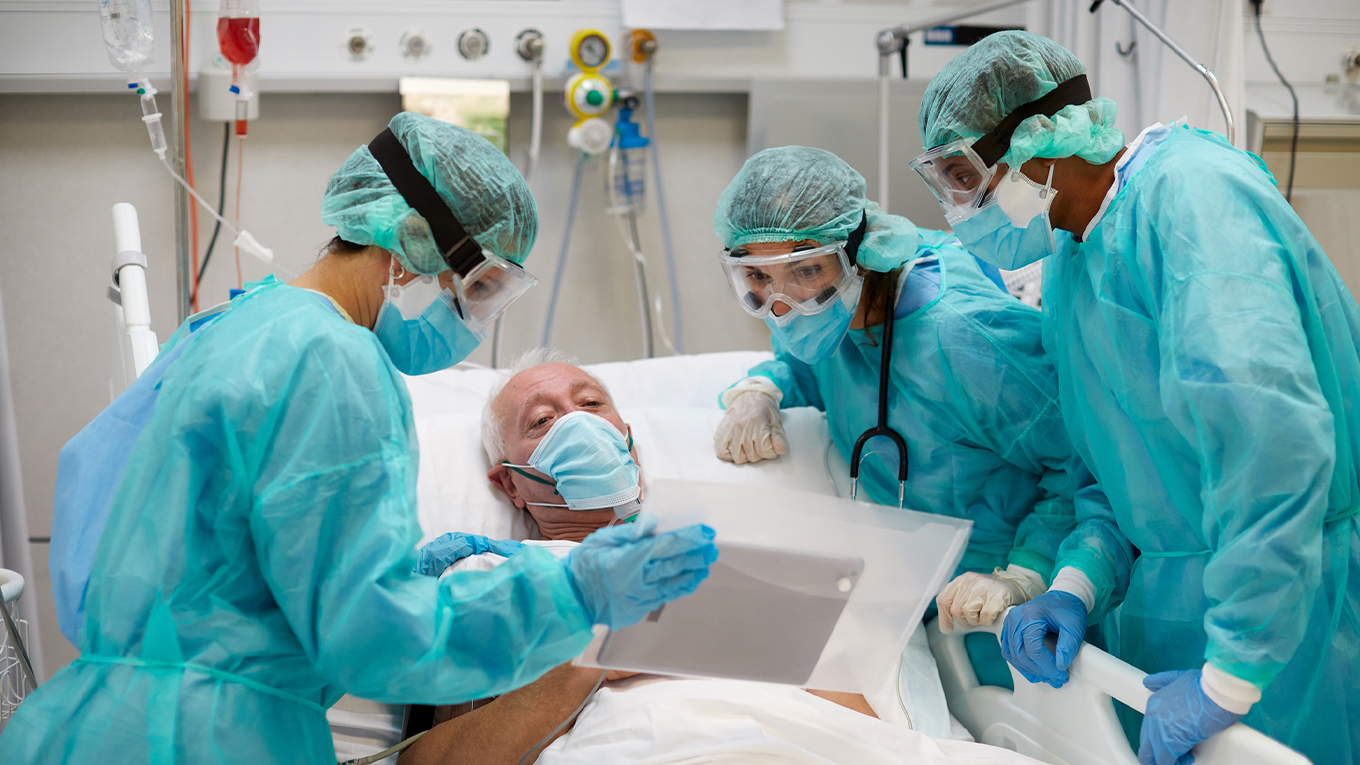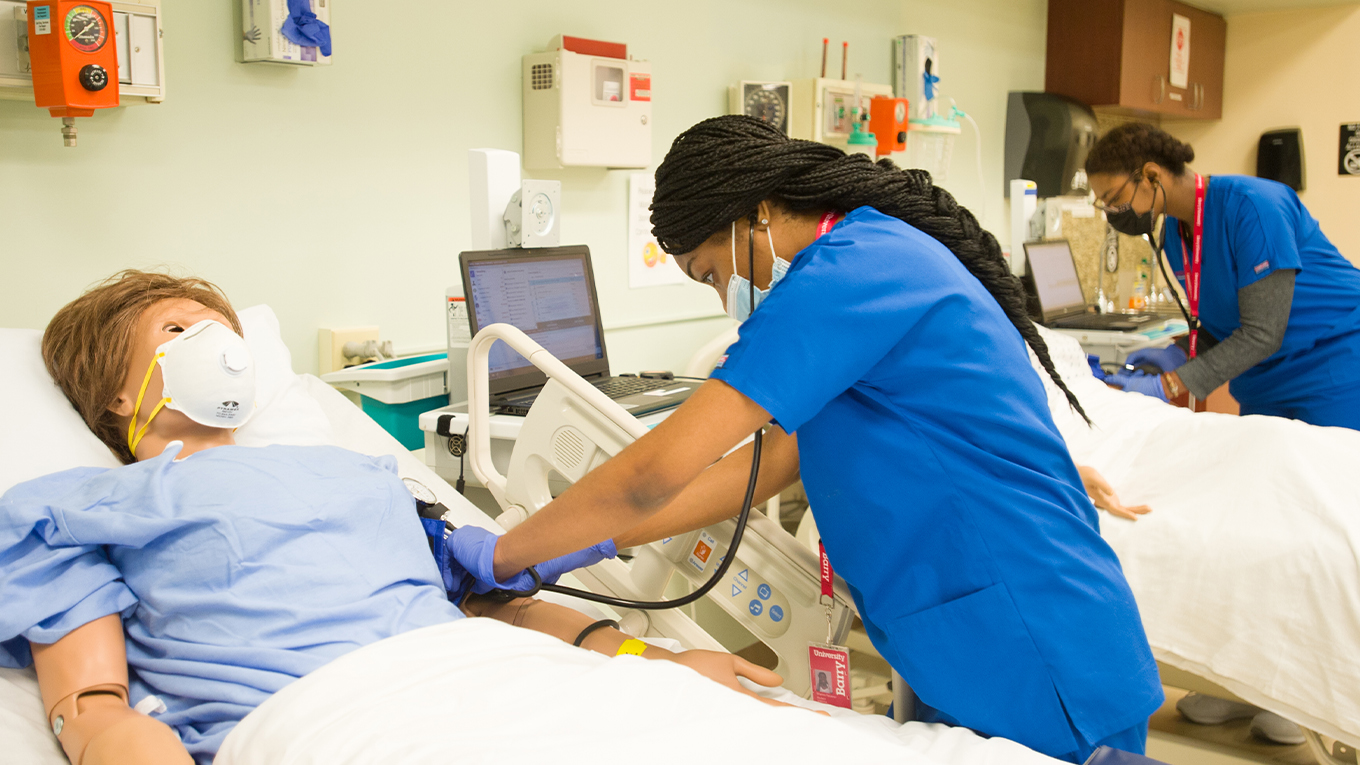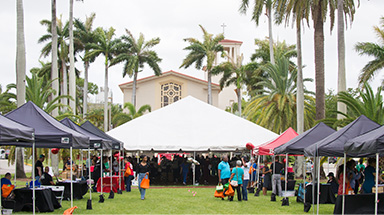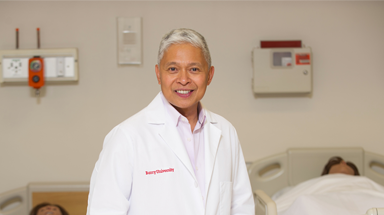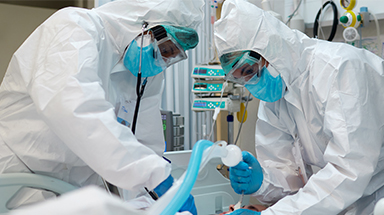Nursing Programs Accreditation
The College of Health Professions & Medical Sciences maintains accreditation for its undergraduate (BSN), master's (MSN), post-graduate certificates (ARNP), and doctoral (DNP) nursing programs through the Commission on Collegiate Nursing Education (CCNE).
The master's and DNP in Nurse Anesthesia programs are accredited by the Council on Accreditation of Nurse Anesthesia Educational Programs.
Barry University is accredited by Commission on Colleges of the Southern Association of Colleges and Schools (SACS) to award degrees at the baccalaureate, master's, specialist, and doctoral levels.





















